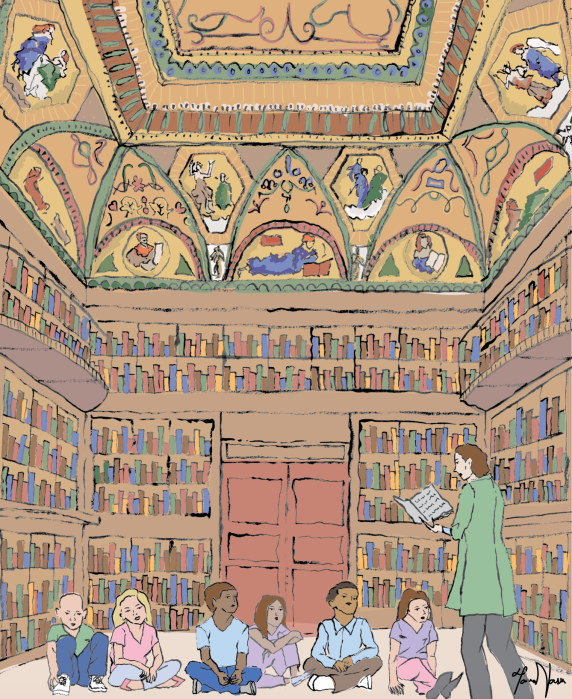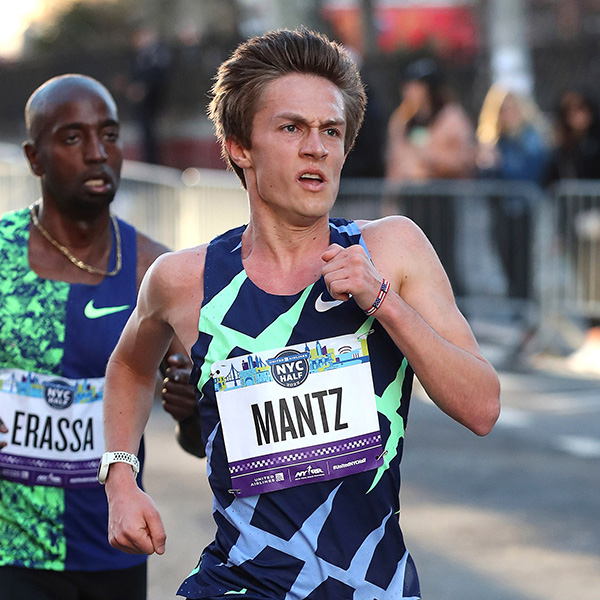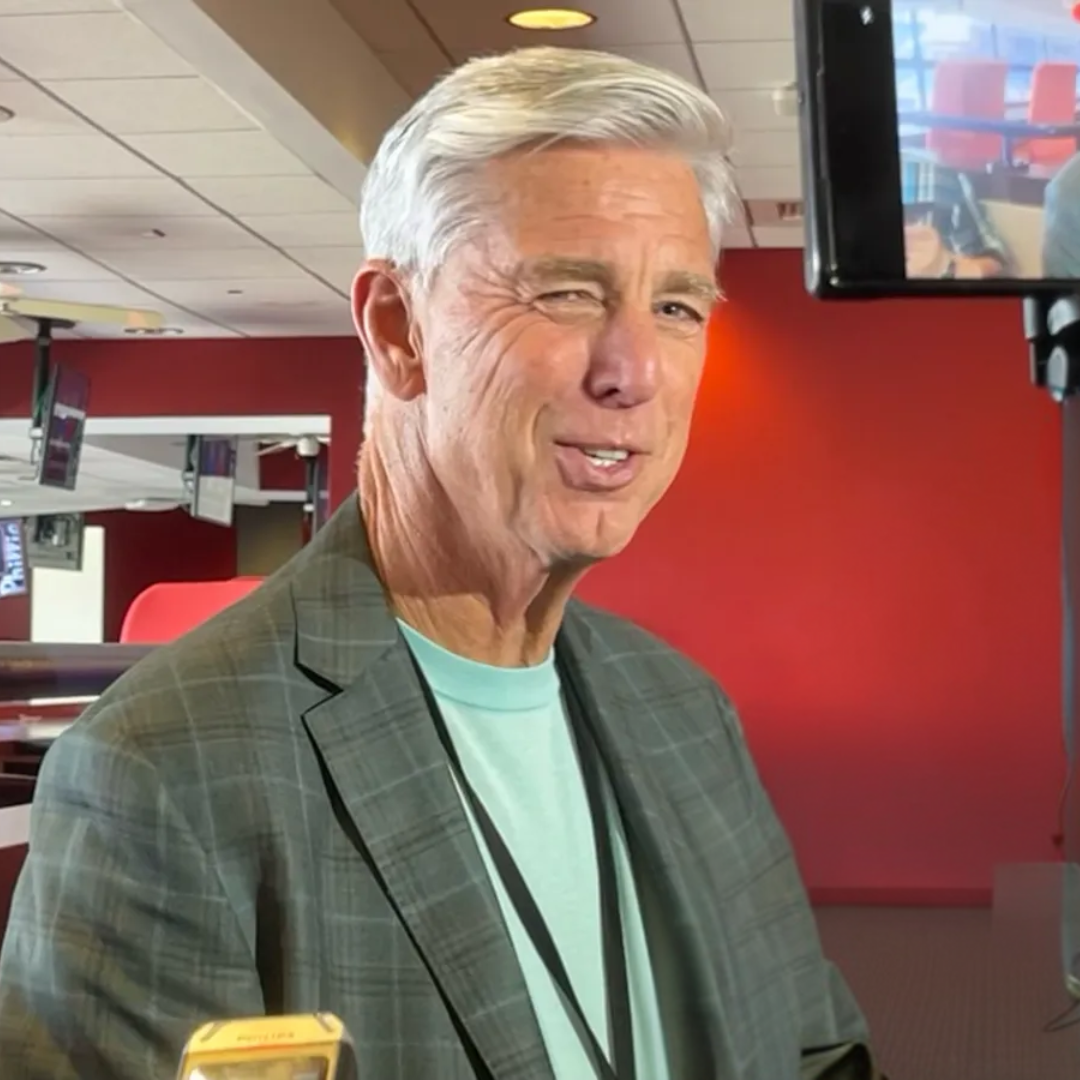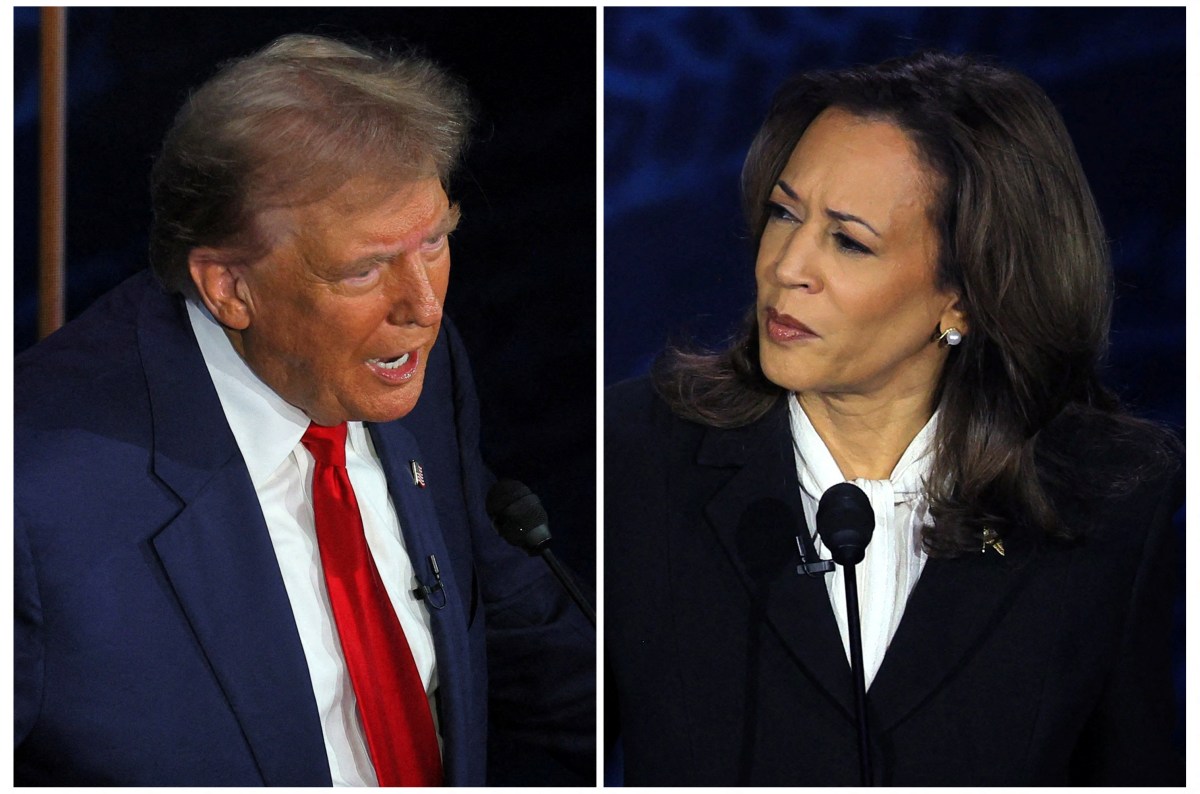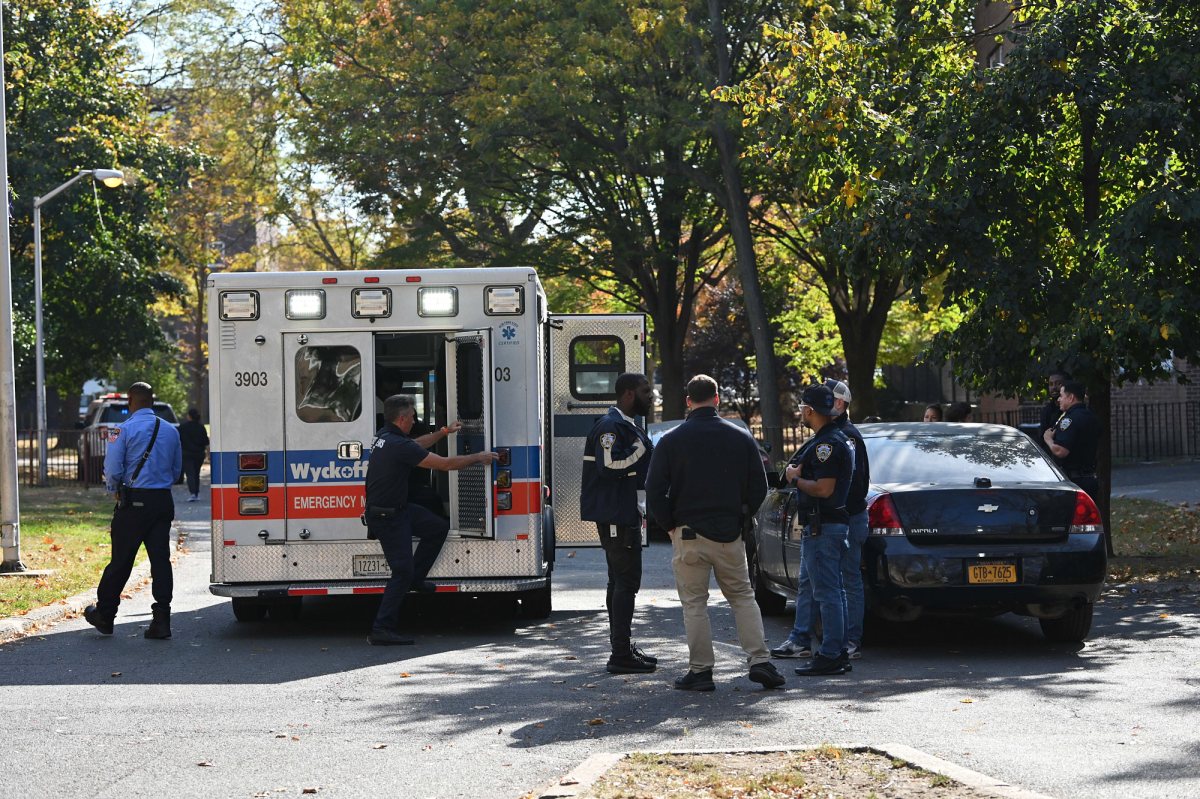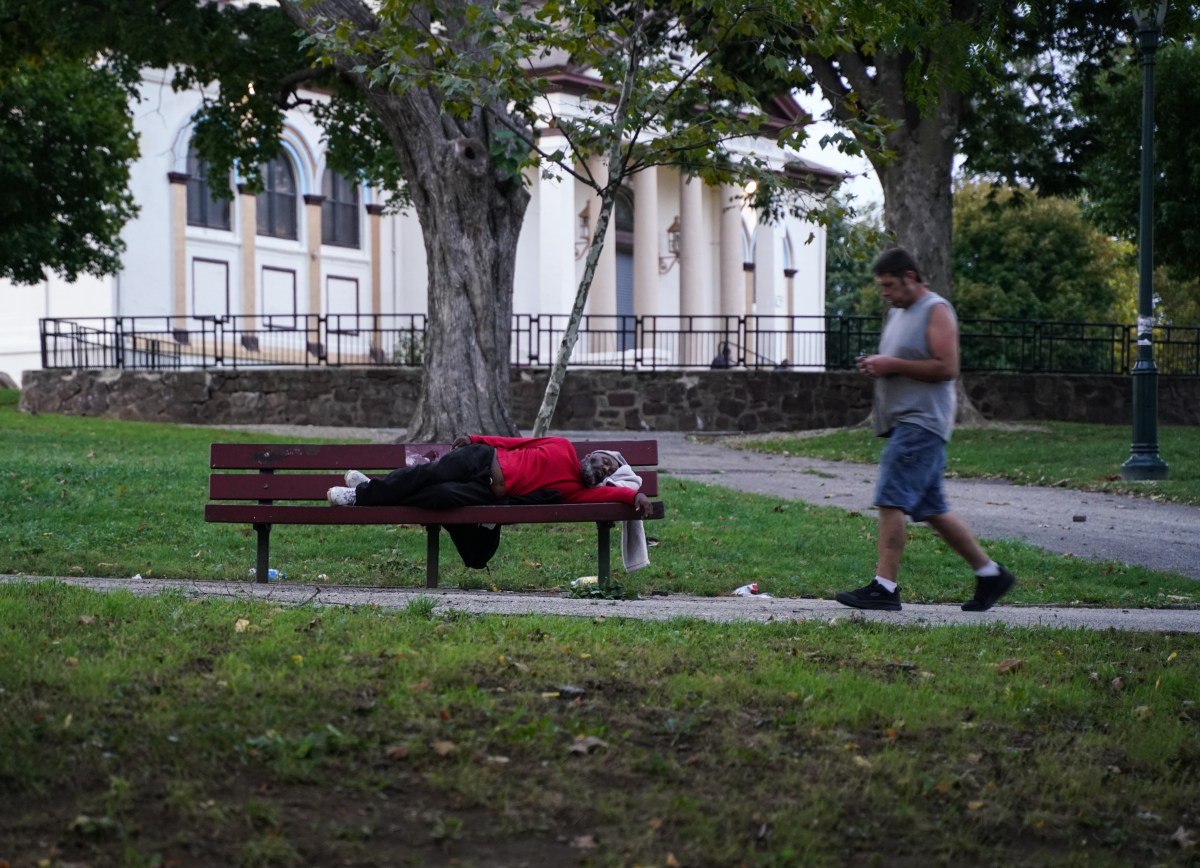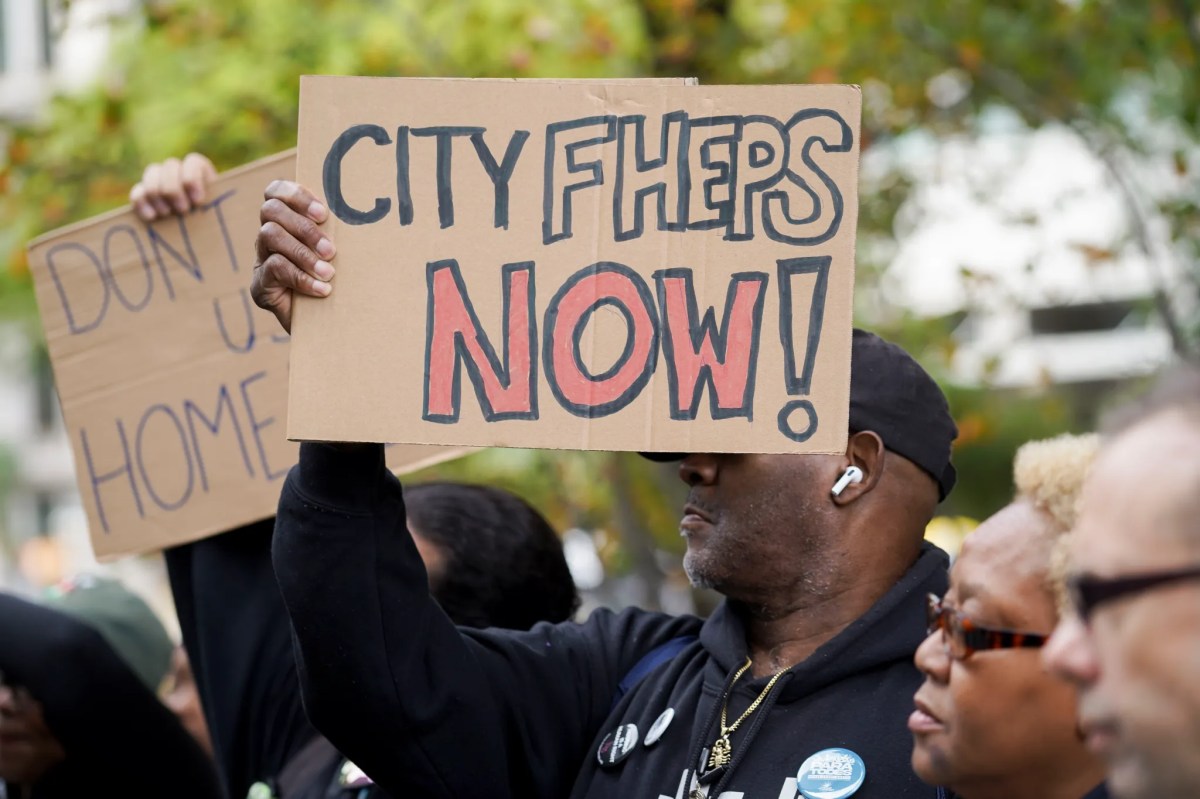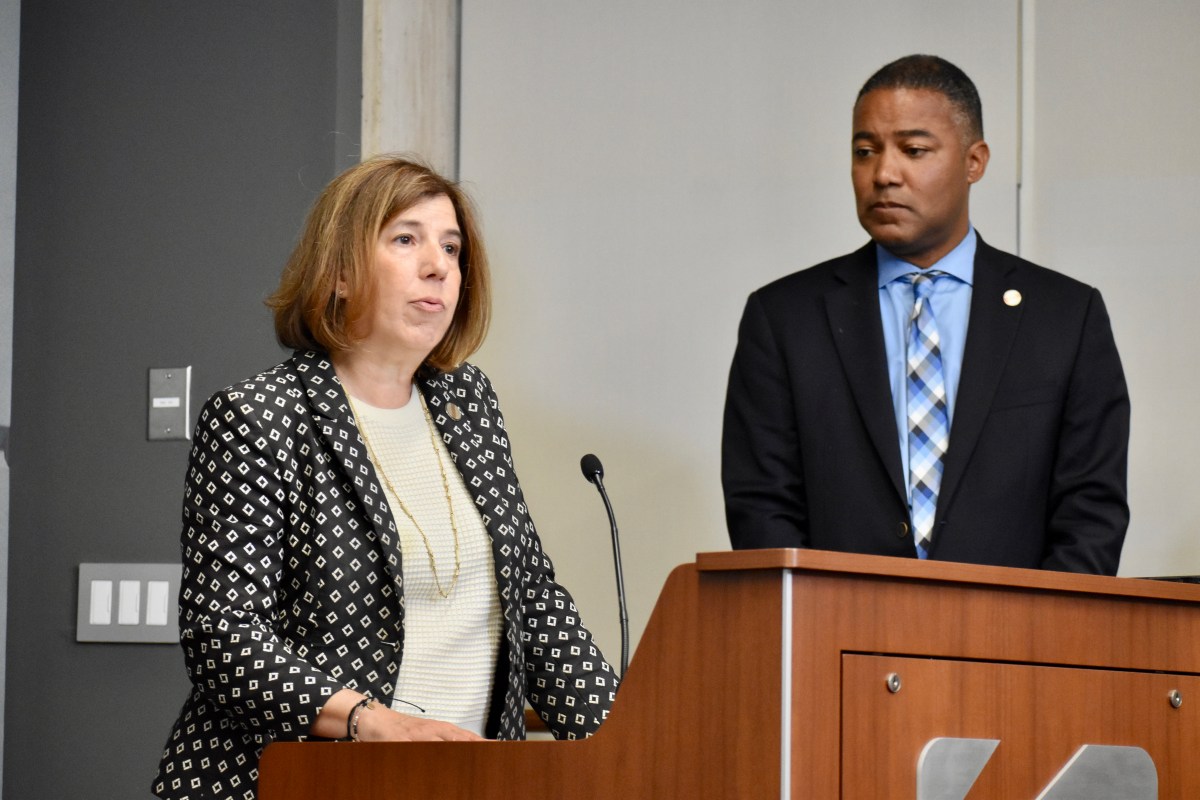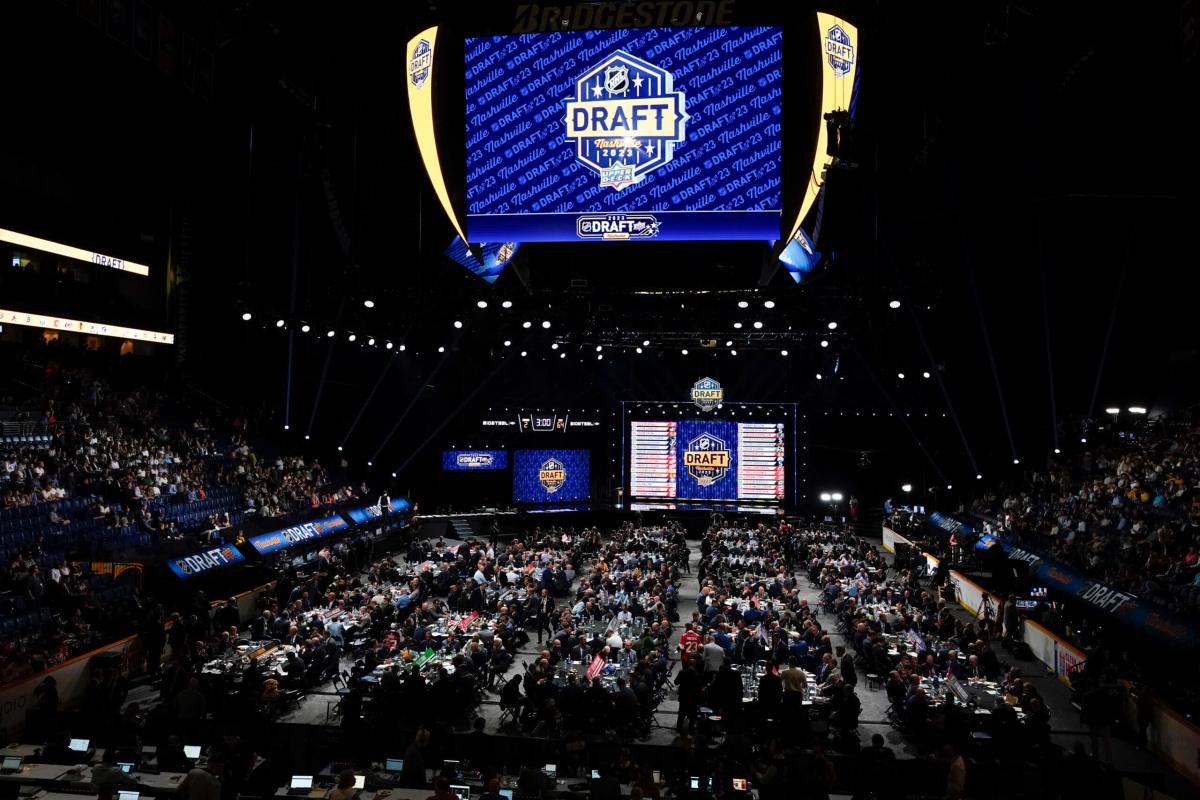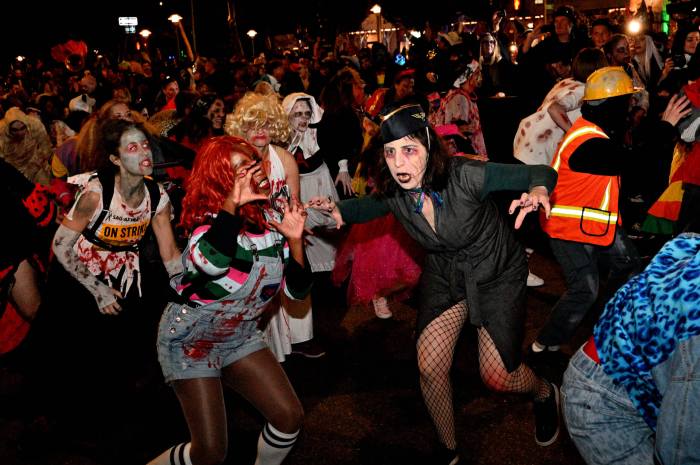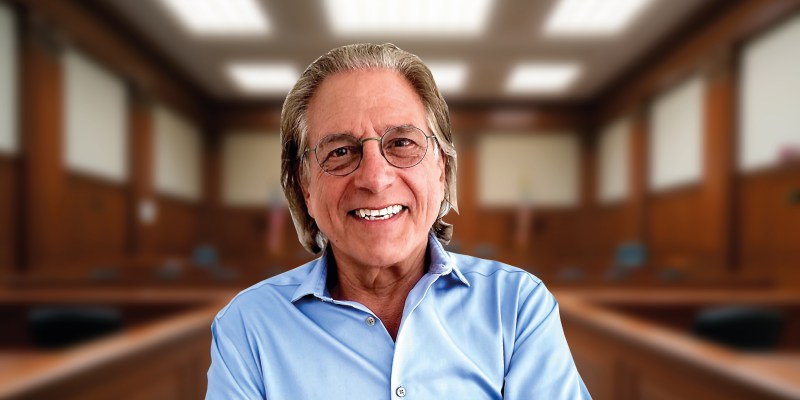UNITED NATIONS (AP) — Russia’s U.N. ambassador alleged Monday that “neo-Nazis” and military-age men were at the wake for a Ukrainian soldier in a village café where a missile last week killed 52 people, even as Security Council members retorted that Russia was responsible for starting the war and committing crimes.
Vassily Nebenzia told a U.N. Security Council meeting called by Ukraine that the soldier was “a high-ranking Ukrainian nationalist,” with “a lot of neo-Nazi accomplices attending.”
In Thursday’s strike by a Russian Iskander ballistic missile, the village of Hroza in the northeastern Kharkiv region, lost over 15% of its 300 population. The café, which had reopened for the wake, was obliterated, and whole families perished.
Albania’s U.N. Ambassador Ferit Hoxha, this month’s council president who presided at the meeting, said the missile strike and deaths in Hroza underscore again “the terrible price civilians are paying 20 months after the Russians invaded.”
He said Russia may deny responsibility, but it started and is continuing a war and committing “horrible crimes,” and “it has also broken the universal ancestral law of absolute respect for those mourning.”
U.S. deputy ambassador Robert Wood asked everyone in the council chamber to take a moment and let the appalling fact sink in: “People gathered to grieve their loved ones must now be grieved themselves.”
“This is one of the deadliest strikes by Russia against Ukraine since the beginning of its full-scale invasion last year,” he said, stressing U.S. support for investigators from the U.N. and local authorities who have gone to Hroza to gather possible evidence of war crimes.
China’s deputy U.N. ambassador Geng Shuang, whose country is a close ally of Russia, said Beijing finds the heavy civilian casualties in the attack on the village “concerning.”
Kremlin spokesman Dmitry Peskov denied last Friday that Russia was responsible for the Hroza attack. He insisted, as Moscow has in the past, that the Russian military doesn’t target civilians and civilian facilities.
Nebenzia reiterated that the Russian military doesn’t target civilians and civilian facilities. “We remind that if the Kyiv regime concentrates soldiers in a given place they become a legitimate target for strikes including from the point of view of IHL,” the initials for international humanitarian law, he told the Security Council.
He also said that putting heavy weapons and missile defenses in residential areas “is a serious violation and leads to the type of tragedy that we’ve talked about today.”
Russia’s President Vladimir Putin has repeatedly painted his enemies in Ukraine as “neo-Nazis,” even though the country has a Jewish president who lost relatives in the Holocaust and who heads a Western-backed, democratically elected government. The Holocaust, World War II and Nazism have been important tools for Putin in his bid to legitimize Russia’s war in Ukraine, but historians see their use as disinformation and a cynical ploy to further the Russian leader’s aims.
Ukraine’s U.N. Ambassador Sergiy Kyslytsya told the Security Council that Ukrainians remember similar stories of entire settlements destroyed and erased from the map during the Nazi invasion 80 years ago.
He accused Russia of using Nazi Germany’s Third Reich as “its role model” by killing people, attempting to annex territory, “fueling imperial sentiments,” and trying “to whitewash their aggression by pretending to defend themselves from imaginary attacks.”
The wake in Hroza was for Andriy Kozyr, a soldier from Hroza who died last winter fighting Russia’s invading forces in eastern Ukraine. According to Ukrainian news reports, he was initially laid to rest elsewhere in Ukraine, as his native village remained under Russian occupation.
Kozyr’s family decided to rebury him in Hroza more than 15 months after his death, following DNA tests that confirmed his identity. Among those who died in the missile strike were his son, Dmytro Kozyr, also a soldier, and his wife Nina, who was just days short of her 21st birthday.
Nebenzia claimed that Ukraine’s government wrings its hands about civilians who died in airstrikes on hotels, hostels, cafes and shops, “and then a large number of obituaries of foreign mercenaries and soldiers appear.”
“What a coincidence,” Nebenzia said. “We do not exclude that this will be the same with Hroza.”
Associated Press writer Jennifer Peltz contributed to this report from the United Nations.


